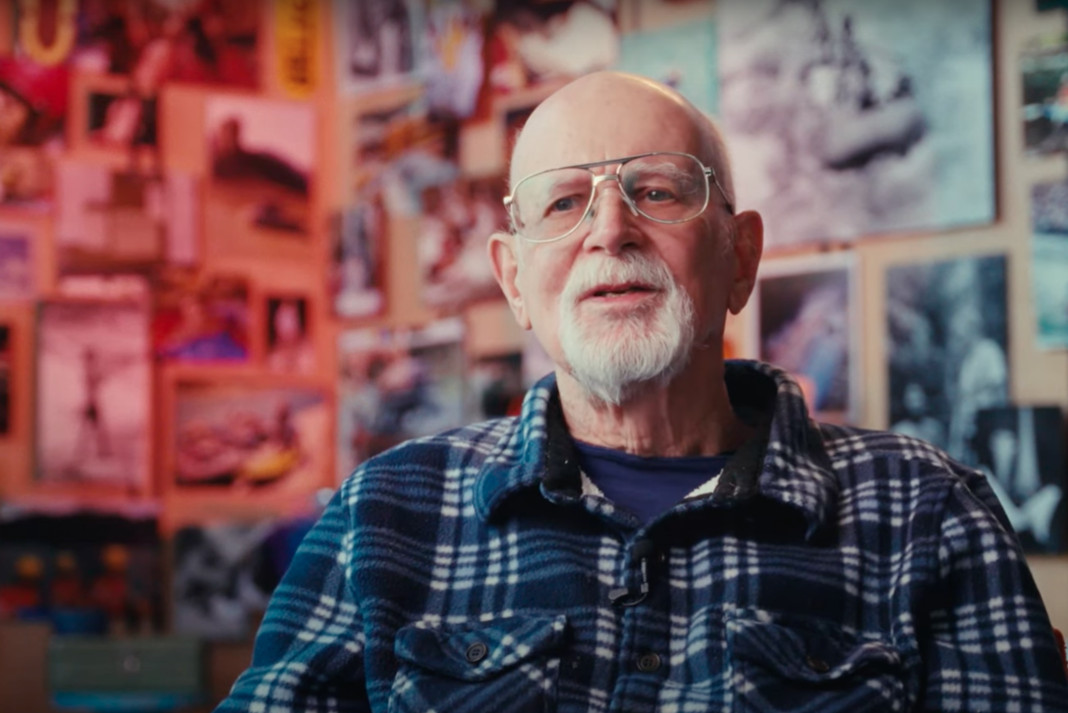In the early 1970s, while teaching at the University of Oregon College of Business, I found my somewhat unorthodox management theories were often met with a familiar refrain: “Interesting ideas, but have you ever had to meet a payroll?”
I started NRS in no small part to prove that I could.
What NRS founder Bill Parks has learned after 50 years
I believed then, and believe even more strongly today, that a business that puts people first can not only succeed, but can outperform conventionally operated firms. At that time, the prevailing business wisdom—espoused by economist Milton Friedman and his acolytes—was that a business’ sole responsibility was to generate profits for its shareholders. I respectfully disagreed with that philosophy.
I believed that financial success would result from positively contributing to people’s lives, including customers, employees, suppliers and other stakeholders. I regarded profit as a means to an end: financial success would help grow the business to generate more value for people, creating loyal, lasting relationships that would, in turn, lead to more success.
Keeping the right kind of company
I founded NRS in 1972 with the mantra that I would treat my customers the way I would like to be treated and focus on providing them with outstanding service. As the company grew, I quickly learned that if I wanted to build the kind of company I would like to do business with, it also needed to be the kind of company I would like to work for.
It is difficult for an employee to make customers feel valued if they do not feel valued. I began to focus not only on caring for our customers, but on caring for our employees. I worked to promote a fun, supportive and nurturing workplace culture where people could be themselves, feel secure and develop as individuals. As that culture flourished, the benefits of this approach surprised even me. Valuing employees not just as human resources but as human beings turned out to be our “secret sauce.”
I continued to teach business for 22 years before retiring from the University of Idaho in 1994. Holding down a day job allowed me to reinvest profits in the company (and occasionally loan it money). It also meant that, even though I worked long days and through vacations, I often had to trust employees to manage without me. I learned the hard way that trusting the wrong people could have dire consequences.
However, if I hired talented, trustworthy and hardworking people—and then got out of their way—NRS would basically run itself. It became standard protocol to interview every new hire as though they might someday run the company. It turned out to be a good policy. Today, many of those hires are running the business after staying with us for their entire careers.
- Outside the office, Parks attacks the rapids… | Photo: Courtesy NRS
- …and relaxes on the flats. | Photo: Courtesy NRS
A promising, people-driven future for NRS
In 2013, as I neared my 80th birthday, I knew it was time to think about succession. Over the years, I’d had plenty of interest from investors looking to buy NRS, but I didn’t want to see the company and culture we’d built fall to the wayside under ownership that didn’t share our values. I also wanted to share the success we’d had more equitably, so I sold the company to the people most responsible for that success: the employees.
As we celebrate our 50th anniversary, I’m proud to say that NRS is truly led by its people. Thanks to them, I’m still proving the doubters wrong.
NRS founder Bill Parks on the past and present of the half-century-old river supply company. | Feature photo: Courtesy NRS
